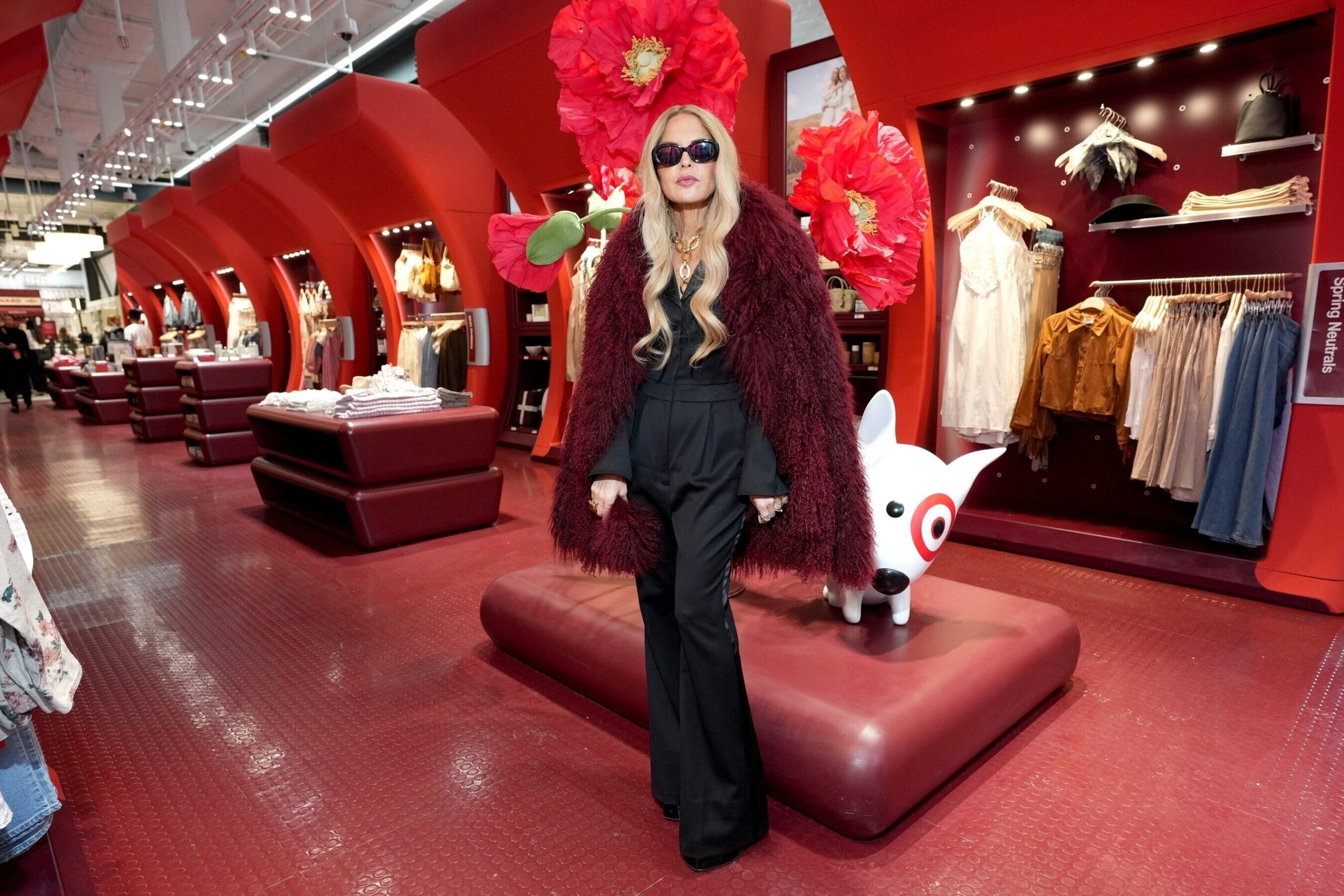France just slammed fast-fashion giant Shein with its biggest fine yet. France has delivered a powerful blow to global fast-fashion giant Shein, imposing a record-breaking €40 million fine for misleading consumers through deceptive sales practices. This unprecedented penalty marks a significant escalation in France’s campaign against ultra-fast fashion and sends a clear message to international e-commerce platforms about compliance with French consumer protection laws.
The Investigation and Findings
The French competition and anti-fraud office (DGCCRF) announced the €40 million fine on Thursday, July 3, 2025, following a comprehensive year-long investigation into Shein‘s pricing tactics and environmental claims. The investigation, which analyzed thousands of products on Shein’s French website between October 1, 2022, and August 31, 2023, revealed systematic violations of French consumer protection regulations.
The DGCCRF noted that practices involving heavily discounted prices and constant promotions can give consumers the impression they are getting a great deal. In reality, the investigation found that 57% of Shein’s advertised promotions showed no actual price reduction, 19% offered discounts that were less significant than advertised, and 11% of the discounts were actually price increases.
Systematic Price Manipulation
The investigation showed that Shein had violated French regulations requiring that discount reference prices be based on the lowest price offered during the 30 days preceding a sale. Instead, the company engaged in practices where it raised certain prices before lowering them, creating an illusion of substantial savings where none existed.
According to the DGCCRF, 11 percent of the advertised discounts it checked were actually price increases. This manipulation of pricing displays was intended to give consumers the impression they were getting a very good deal, even when they were often paying standard or inflated prices.
Environmental Claims Under Scrutiny
Beyond pricing deception, French authorities also cited Shein for making unsubstantiated environmental claims. The DGCCRF found that Shein was unable to justify the environmental claims made on its website, particularly its assertion that it was a responsible company. French authorities determined that these environmental statements contradict the firm’s business model, which is based on an abundant supply of textiles at low prices. This issue is especially significant given that fast fashion is estimated to account for a notable share of global CO₂ emissions.
Shein’s Response and Acceptance
Notably, Shein accepted the fine without contest, working in cooperation with the Paris prosecutor’s office. In a statement, the company claimed it had implemented, without delay, necessary corrective actions within two months after learning of the DGCCRF probe in March 2024.
Shein spokesperson said: “This means that all identified issues were addressed more than a year ago,” and the company added that it takes its legal and regulatory obligations in France very seriously and was committed to transparency.
Broader Regulatory Context
This fine comes amid France’s broader legislative actions against ultra-fast fashion. In June 2025, the French Senate overwhelmingly approved new legislation specifically targeting platforms like Shein and Temu, with 337 votes in favor and only one against. The legislation introduces eco-taxes of up to €10 per item by 2030, advertising bans, and mandatory sustainability disclosures.
Jean-François Longeot, chair of the Senate’s Committee on Regional Planning and Sustainable Development, said: “The clarifications (made by the Senate) make it possible to target players who ignore environmental, social, and economic realities, notably Shein and Temu, without penalising the European ready-to-wear sector.”
European Union Pressure
The French fine is part of broader European Union efforts to regulate Shein’s practices. In May 2025, the European Commission found Shein guilty of engaging in illegal commercial practices under EU law, following a coordinated investigation with national consumer protection authorities. The EU has given Shein one month to address concerns, including fake discounts, pressure selling, misleading sustainability claims, and deceptive product labeling.
A Shein spokesperson said: “We have been working constructively with national consumer authorities and the EU Commission to demonstrate our commitment to complying with EU laws and regulations.”
If the company fails to address these concerns, national authorities can take enforcement measures to ensure compliance, including the possibility of imposing fines based on annual turnover.
Industry Impact and Market Position
Despite facing increasing regulatory pressure, Shein has experienced notable growth in France. Since launching in the country, the company has steadily expanded its share of the domestic clothing and footwear market. This growth is significant, especially considering that the French apparel sector is recognized as a fragmented market, where competition is intense and no single brand dominates.
Shein has become a prominent example of the challenges posed by ultrafast fashion, drawing criticism for its environmental impact, competitive practices, and labor conditions. These concerns have become more pronounced as traditional French fashion brands struggle to compete with the influx of low-cost imports, leading to financial difficulties for several established companies in recent years.
Looking Forward
The €40 million fine represents more than just a financial penalty; it signals a fundamental change in how European regulators are approaching the fast-fashion industry. As France continues to implement its anti-ultra-fast-fashion legislation and the European Union maintains pressure on compliance, companies like Shein face an increasingly complex regulatory landscape.
This enforcement action shows that France is serious about protecting consumers from deceptive practices while also addressing the environmental and social costs of ultra-fast fashion. For Shein and similar platforms, the message is clear: compliance with local consumer protection laws and environmental regulations is not optional, and violations will result in substantial financial consequences.
The case also illustrates the growing tension between the globalized nature of e-commerce and the need for companies to adapt to local regulatory requirements, setting an important precedent for how other jurisdictions might approach similar challenges with international fast-fashion platforms.


















